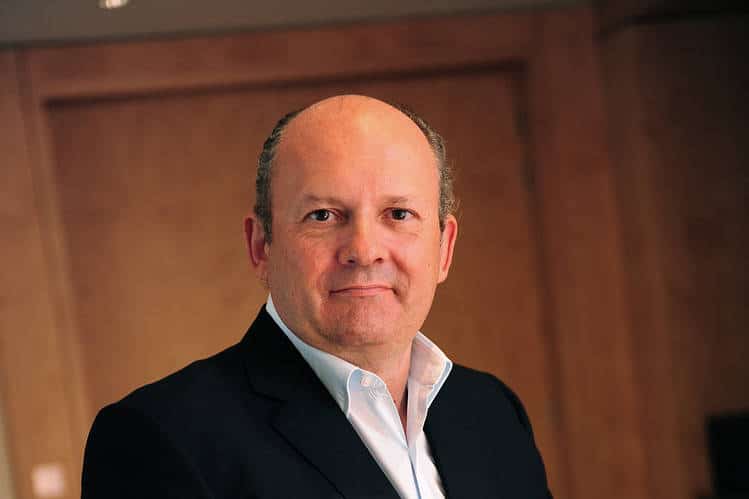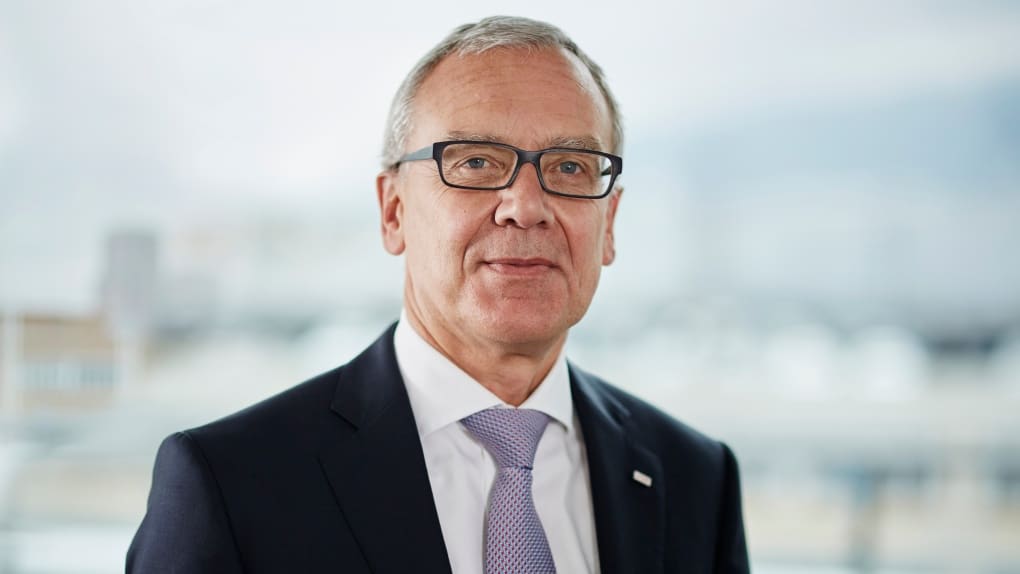It’s been another exciting year in the world of mergers and acquisitions, with billions of dollars flying everywhere and some major companies, including PayPal and OANDA, getting thrown into the mix.
Let’s start with the institutional trading space. Most of our readers will be familiar with .
That deal, , was completed at the start of November. Michael Spencer, NEX’s founder, is thought to have made £670 million ($845.4 million) from the sale.

CME, which owns the New York and Chicago Mercantile Exchanges, was already a mammoth operation prior to the deal. Its acquisition of NEX, whose BrokerTec trading platform has an 80% market share of the approximately $200 billion wholesale, dealer to dealer trading in US Treasuries, will only increase its capabilities.
OANDA Acquired by CVC Partners
Back in the retail trading world, the figures involved were, as is to be expected, much smaller.
The biggest deal of the year came in May when American retail broker OANDA announced that by the fourth Asia fund of private equity firm CVC Partners’ (CVC).
As Finance Magnates, CVC paid $160 million for a 98.5 percent stake in the broker, valuing the company at a total of $170 million.
“CVC Capital made perfect sense to our executive committee,” OANDA CEO Vatsa Narasimha. “Not only because they already have a deep-seated knowledge of the industry, but they also bought into our strategy for growth.”
Aside from the OANDA deal nothing too dramatic, at least in the realm of mergers and acquisitions, took place this year in the retail trading space but that will likely change in the coming twelve months.
With firms unable to keep their operations going in the wake of the European Securities and Markets Authority’s , we are probably going to see some consolidation in the near future. Watch this space.
Six Payment Services Merges into Wordline
Changing tack again, on this occasion to the wonderful world of payments, the most noteworthy deal of the year was, by Worldline, of SIX Payment Services in May of this year.
Previously owned by – you guessed it – SIX Group, the payments company announced that it was seeking a ‘strategic partnership’ in November of 2017.
That was apparently the result of the company’s desire to keep apace with other payments companies’ merchant acceptance, acquiring and international card processing services.
Wordline, which is owned by French IT giant Atos, said that the deal will make it the largest merchant services business in Continental Europe.
“We are very happy that in Worldline we have found a well-known and strong international partner who will work with us to advance and further develop the payment business,” said Romeo Lacher, Chairman of SIX’s board of directors, back in May. “This strategic partnership makes us Europe’s leading and largest provider in one go.”

In a statement released in the wake of its shareholder meeting held two weeks ago, Worldline said that it expects revenues to increase by 30 percent as a result of the deal.
The payments company added that it will gain 1,300 payments specialists from SIX Payments Services team and that revenue for its merchants services business will increase by 60 percent.
PayPal enters the point of sale world
A similar deal, both in terms of size and the sort of services involved, also took place in the financial technology (fintech) sphere this year.
Shortly after announcing it was planning an IPO in 2019, iZettle, a company founded in 2010 by Swedish pair Jacob de Geer and Magnus Nilsson, was acquired by PayPal for $2.2 billion.
First announced back in May, the deal
Anti-trust regulators in the UK have since said they fear the deal could create a monopoly on payments. Those concerns are fairly common in such deals – we’ve already seen that the same regulator said similar things about the CME/NEX deal – and are unlikely to materialise into measures penalising PayPal.
As with many payments companies, iZettle is one of those firms that many people use every day without even knowing it.
The company is best known for its card reading machines, which only require a mobile phone to use, but in recent years they have branched out into providing an array of different point of sale solutions.
PayPal’s acquisition of the firm seems to have been driven by increasing competition from other payment companies, notably Square, a company founded in 2010 and run by Twitter CEO Jack Dorsey.
As with iZettle, that merchants can use to accept cash by attaching it to their mobile phone. So similar are the companies that many have dubbed iZettle “the Square of Europe,” although it may be fairer to say that Square is the “iZettle of America” given that the Swedish company was founded one month before its San Franciscan rival.
At any rate, the acquisition will enable PayPal to establish a strong foothold in Europe and Latin America – the two markets where iZettle has succeeded most.
It also allows the company to expand into the offline payments market. We’ll just have to hope they don’t charge as high a commission as they do for their online service.
Plastic surgeon buys Bithumb
Speaking of high commissions, most cryptocurrency exchanges love to charge them too. And amidst a rollercoaster year for the wider blockchain industry, we’ve seen a number of huge acquisitions in this part of the cryptocurrency space.
As many companies have refused to release the terms of their deals, figuring out what the biggest deal of the year was, in monetary terms, isn’t easy.
For instance, Fortune magazine reported that Circle, a payments company backed by Goldman Sachs, for $400 million back in February.
Then came , a cryptocurrency exchange, by a Belgian private equity firm called NXMH. Again, no comments from either side of the deal were forthcoming but Nathaniel Popper, a New York Times reporter, claimed NXMH also paid $400 million for the cryptocurrency exchange.
Along with all the other news about virtual currency exchanges, I’ve heard from numerous sources that one of the oldest exchanges, Bitstamp, is in the final stages of being sold to South Korean investors for ~$400m. Neither the exchange nor the buyers are commenting.
— Nathaniel Popper (@nathanielpopper)
The details of one major deal, which took place in October as well, were made public. A South Korean plastic surgeon called Kim Byung Gun, who made millions investing in biotech and fintech, that took over Bithumb.
Calling themselves BK Global Consortium, the investors paid $352 million for a 50 percent plus one share stake in the cryptocurrency exchange, which is thought to be the third largest in the world by trading volume.
Prior to the acquisition, way back in the now distant month of February, Bithumb was valued at $880 million. Given that interest in cryptocurrencies, it’s unsurprising that Kim and his cohort didn’t pay full price for the exchange.
Well, that’s it for this year Finance Magnates readers. Remember to keep those eyes peeled for retail trading consolidation and a slow down in the cryptocurrency market – see you in the new year.





Be First to Comment